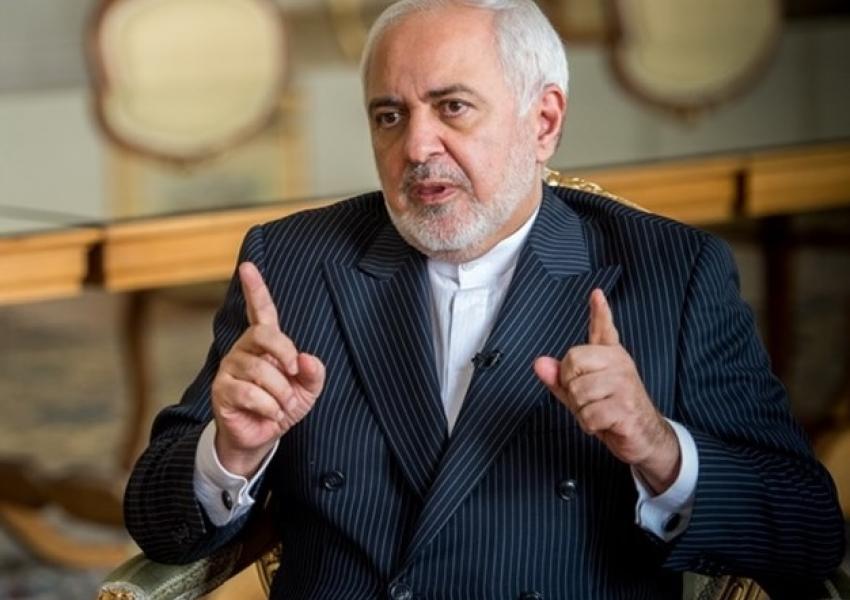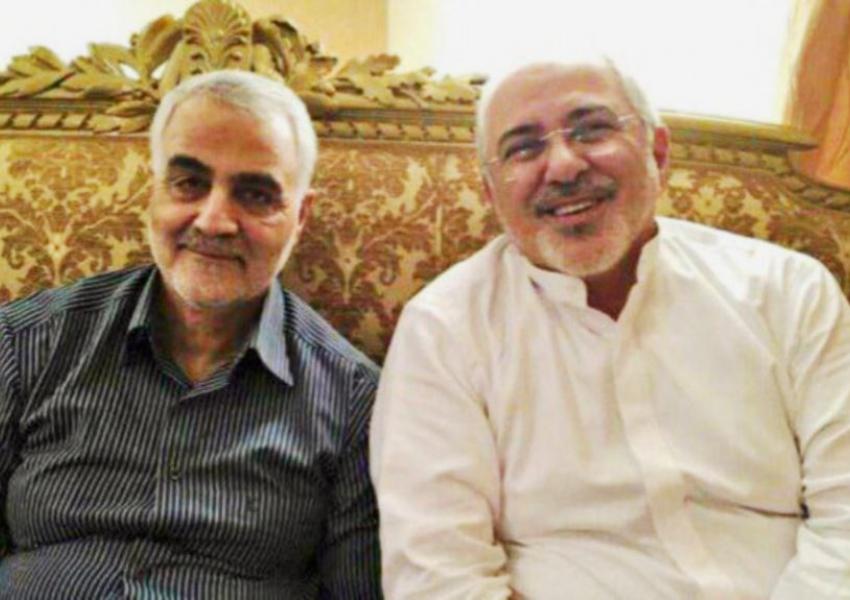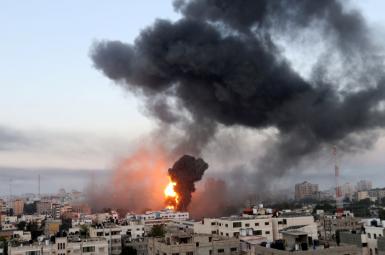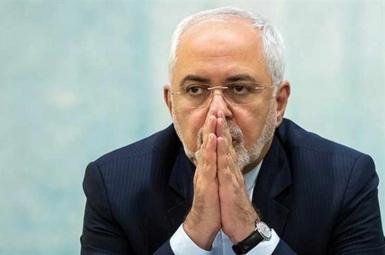
Possible Presidential Candidate Zarif Defends His Record As Iran’s Foreign Minister
Iran’s Foreign Minister Mohammad Javad Zarif has defended his performance as foreign minister in an extensive interview published by the reformist daily Hamdeli in Tehran on Monday [January 18]. Zarif reiterated that he is not planning to stand in June’s presidential election, although a succession of media interviews suggests he wishes to remain in the spotlight.
Zarif’s attempts to deny or explain away human rights violations in Iran by the hardliner Judiciary and security organizations have led to a lot of attacks by critics who say he is whitewashing the Islamic Republic’s record. The same can be said about his defense of Tehran’s policies in the region, its role in Syria and the activities of the Qods Force.
Zarif said he had asked President Hassan Rouhani in 2013 not to appoint him foreign minister, where he immediately played a major role in securing Iran’s 2015 nuclear agreement with world powers, the JCPOA (Joint Comprehensive Plan of Action). With President Hassan Rouhani ineligible to stand for a third consecutive term in June, Zarif has been touted as a possible standard bearer of reformists and centrists who want to revive the JCPOA with United States President-elect Joe Biden committed to re-entering the agreement, which Donald Trump left in 2018.
With his diplomatic experience and US education, Zarif has often been portrayed as a professional negotiator somewhat detached from political factional battles in Tehran – but this image is challenged by a possible presidential bid in the midst of arguments over the JCPOA, which many principlists oppose.
Zarif apologized for any shortcomings as foreign minister, while suggesting that some people had perhaps placed “too much hope in me…[or] on the capacity and competence of the Foreign Ministry.”

Qasem Soleimani and Zarif in May 2017
But he also expressed satisfaction in the achievements of his period in office: “It is highly unlikely that anyone else in Iran could have performed better than me as foreign minister…I am an expert in this area and have spent more than 40 years of my life as an academic and a diplomat.”
Zarif said that has had resigned in 2019 after he was left out of a meeting between Syrian President Bashar Al-Assad and Iranian Supreme Leader Ali Khamenei because he would otherwise “have been portrayed in the world as a useless foreign minister.” The reason for his resignation, which was later rescinded apparently after an appeal from Khamenei, would remain confidential, Zarif added, but said he would “tell the truth to the people” after he left office as long as this would not harm Iran’s “national interests.”
Zarif defended Iran’s human rights record, and its policies in the region, including its support for Assad and the role of the Quds Force, the extra-territorial arm of the Islamic Revolutionary Guards Corps (IRGC). Iranians supported these regional policies, Zarif argued, as had been shown by the mass participation in the funeral ceremonies of the Quds commander, Qasem Soleimani, who was killed in Baghdad by a US drone strike in January 2020.
“Millions of people who went to Soleimani’s funeral showed that they have chosen to follow the path of resistance,” Zarif said. “That is a reality.” Videos recently surfaced on social media and foreign-based Persian televisions purporting to show that thousands of people were bussed to the funeral ceremonies under IRGC supervision.
Zarif agreed that both the exiled Iranian opposition and hardliners in Iran had stepped up their criticism of him, but stressed his duty as foreign minister was to implement agreed policies: “When I am abroad, I have to defend the country as a spokesman for the executive, judiciary, and legislative bodies…However, some people wish to put me in a position that would prompt the people to dislike me.”
Zarif said he would defend everyone in Iran, including IRGC Intelligence, which he recently alleged had insulted him in a television series it had funded – leading Zarif to complain to Khamenei about the program’s producers.
Asked for historical role models, Zarif cited Shiite saints. However, when asked to present an example of a Shiite saint's experience in diplomacy, he said he is not an expert in religion.
He also made clear that his practice was to express critical views discretely. “If I publish my letters to various people, or if they are published after I die, you will see that I have sometimes criticized the system more than any other critic…But I cannot voice those criticisms in public as those who do not care for this country and its political system might take advantage…”








